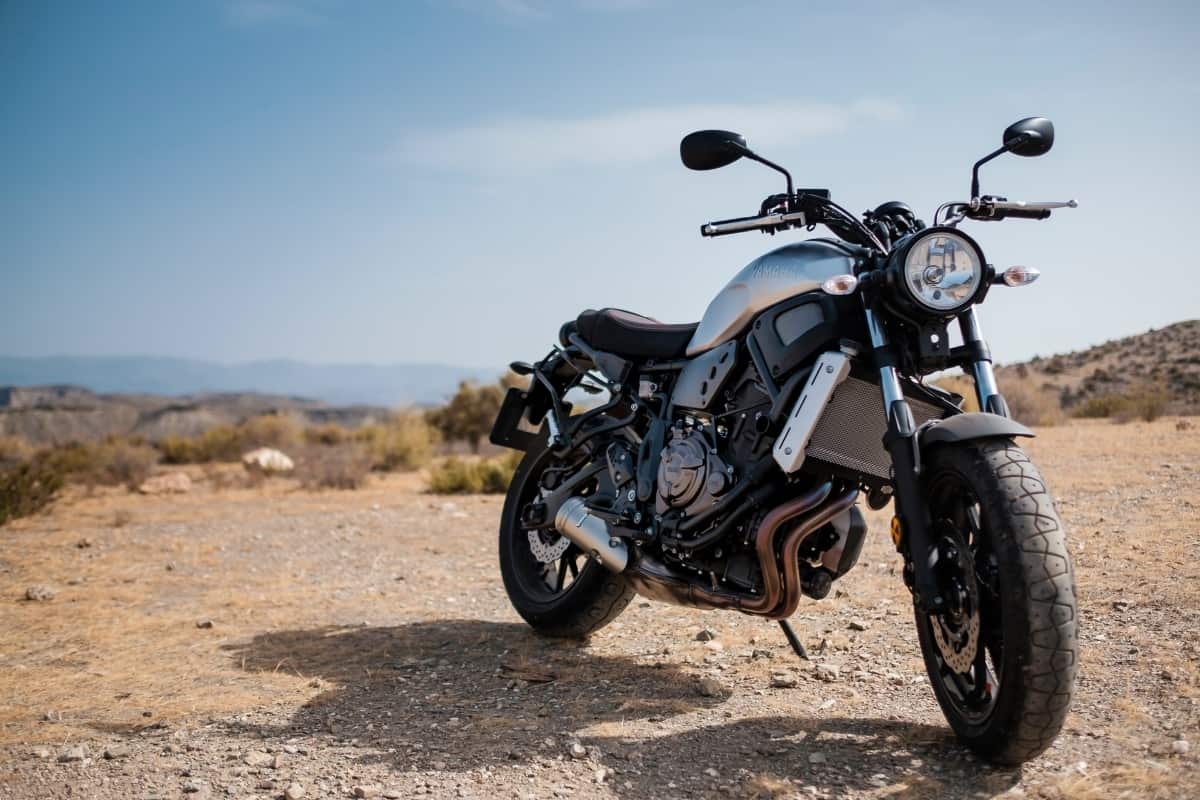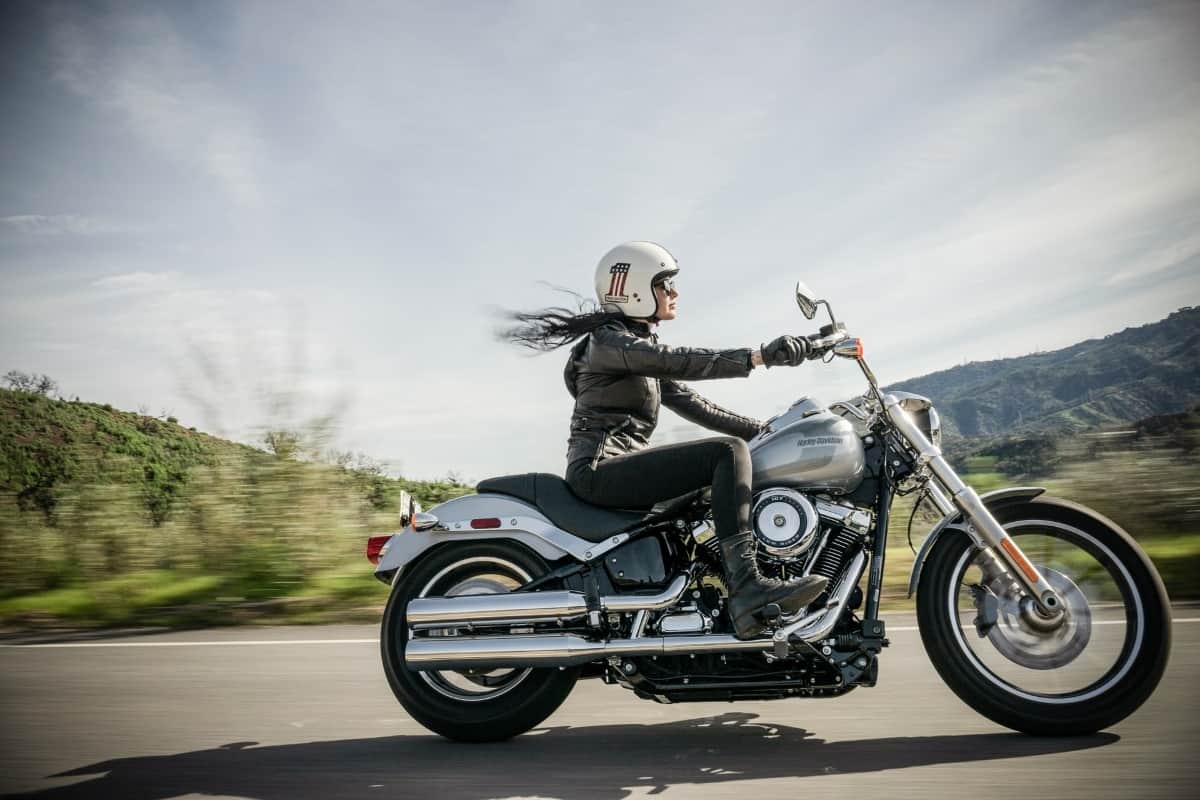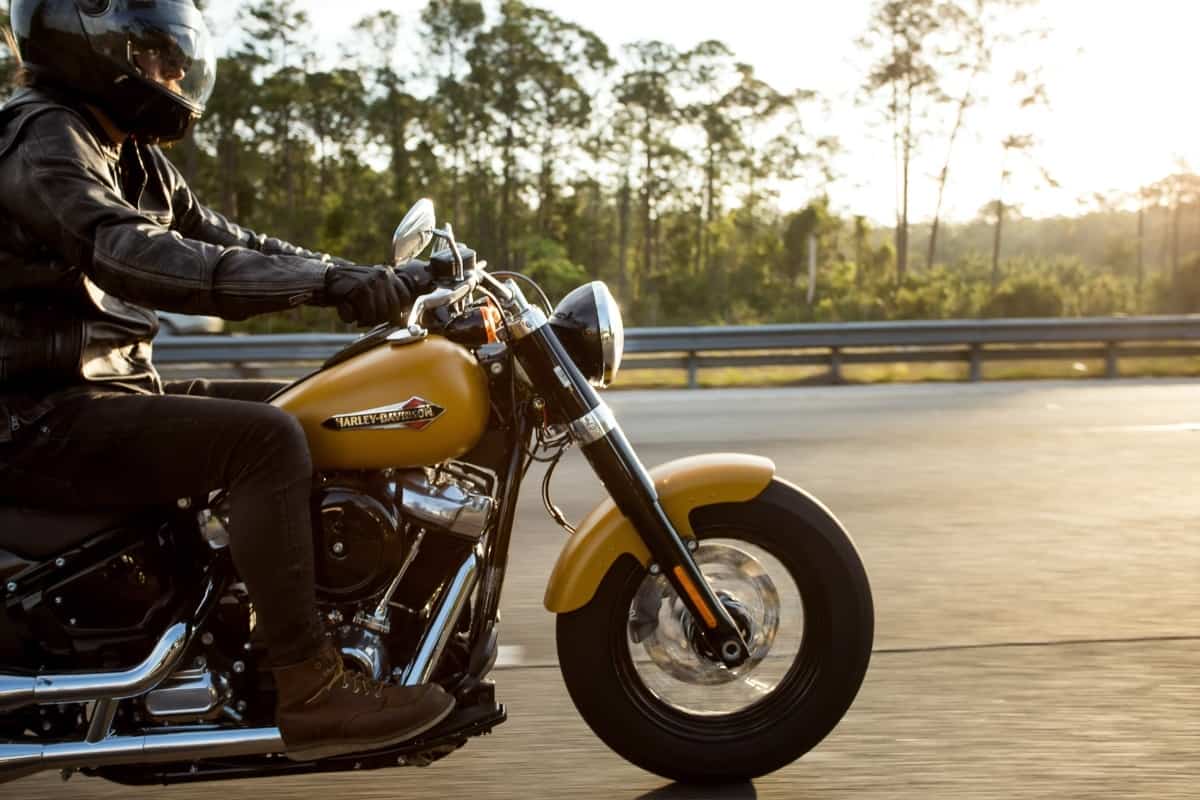Ah, motorcycles. They’re a great way to enjoy the fresh air, sunshine, and open roads. But those new to riding a motorcycle will know it takes time to get comfortable on your bike. And even more worrisome is the fact that your motorcycle will respond and react differently depending on the weather, oil-slick roads, potholes, road debris, and more.
But, even if you are a seasoned bike rider and wondering do you need motorcycle insurance, the answer is, yes!

Why You Need Motorcycle Insurance
You should view motorcycle insurance as part of your other riding safety gear, which may include a helmet, gloves, and eye goggles. It is essential for covering you and other drivers in case of an accident that causes property damage, injury, loss of property, or life.
In 2018, well over 80,00 motorcyclists were hurt while riding their bikes, according to the National Highway Traffic Safety Administration (NHTSA). And, motorcycle fatalities happen nearly 30 times more often than passenger car fatalities, even though motorcycles account for only 3% of all vehicles on the road.
And, it only takes a motorcycle traveling at 30mph to cause serious property damage, pain, and suffering. In most states, an insurer will total a motorcycle if they calculate a repair shop cannot make proper repairs because substantial damage or repair costs are over 50%-75% of the motorcycle’s actual cash value.
In addition to protecting your finances in the case of an at-fault accident, motorcycle insurance is a requirement by law in 47 states. And, even in those 3 states (listed below) where it is optional, it’s still a good idea to have motorcycle insurance.
What To Know About Motorcycle Insurance Before Driving
Is Motorcycle Insurance Different From Auto Insurance
Yes, motorcycle insurance is very different from auto insurance, similar to how driving a motorcycle is different from driving a car. First, riding a motorcycle is considered dangerous by most people. Insurance companies also consider motorcycles to be high risk.
Why Is Riding a Motorcycle Considered High Risk?
- Motorcycles provide no physical protection for the driver, like a roll cage and no restraint system like seatbelts.
- Compared to 4-wheel vehicles, motorcycles have only 2 wheels, which makes them unstable, difficult to control, and easy to lose road grip and slide out.
- Motorcycles are notorious for being difficult to spot by other drivers. This phenomenon even has a name – saccadic masking.
- Speeding and weaving are dangerous driving activities. These are much more common for motorcycle drivers and are a major contributor to road accidents involving a motorcycle and a car.
The above list clarifies even further the answer to “do you need motorcycle insurance?” Given all these factors associated with motorcycles on the roadways, it makes sense that you certainly need motorcycle insurance. And motorcycle insurance may cost more than auto insurance depending on what coverage you select.
Insurers are taking on the higher risk of their clients being in a motorcycle accident, being seriously injured, and completely destroying the vehicle.

6 Ways Motorcycle Insurance Differs From Auto Insurance
- Passenger coverage is not a part of motorcycle insurance because they are considered one-passenger vehicles. You can always add guest passenger liability, which will cover injuries and medical bills for a passenger, as long as the accident was not the fault of the motorcycle driver.
- Insurance companies will consider more factors for motorcycle insurance coverage. Some examples include the driver’s age and riding experience, accident and ticket history, credit scores, and where you live.
- Personal injury protection may not be in your policy at first. However, it can be an optional form of coverage called personal injury protection (PIP). This is because of the high likelihood of serious physical injury when in a motorcycle crash. Or when thrown from a motorcycle.
- Motorcycle insurance is more customizable because most people will only ride their bikes in certain seasons or maybe just on the weekends. For these reasons, insurers will offer time-dependent or mileage-dependent motorcycle policy rates.
- Insurance claims after an accident may be considered void if the rider was not following necessary protective measures. This can include wearing a helmet if helmet-wearing laws are part of your state’s laws.
- Most states do not have a no-fault law for motorcycle owners. This means, unlike your car insurance, which will cover damage and injuries no matter who is at fault, motorcycle insurance in most states will be exempt. If you are at fault in a collision and without personal injury protection, then insurance will not cover your medical bills.
Do You Need Motorcycle Insurance in Your State?
Unless you live in the state of Florida, Montana, or Washington, then you will need to have some level of motorcycle insurance while on the road. These other 47 states will have different minimums and types of coverage, such as property damage or bodily injury.
If the police catch you riding your motorcycle without proof of insurance in one of the 47 states that requires it, then you will be breaking the law. All states require you to register your motorcycle at the state’s Department of Motor Vehicles or DMV agency.
Having the right motorcycle insurance for your driving habits and in the right financial amounts for your motorcycle’s brand or quality is about more than obeying the law. Your bike is an investment that should bring a return to a better quality of life and possibly some resale value if you decide to sell it or buy another.
Motorcycle coverage protects you and your vehicle from some costly repair bills in an accident. Consider the costs a person can incur if they cause an accident with injuries while riding their motorcycle. It’s easy to see why having insurance is a good idea – even when it costs a little more than auto insurance.
What Happens If You Don’t Have Motorcycle Insurance?
The fines and penalties for driving a motorcycle without coverage will also vary by state, but will likely include some form of the following:
- Ticket for driving without insurance
- Insurance lapse fee and a reinstatement fee
- Jail time depending on the circumstances
- Suspension to License and Registration
- May have to show proof of a six-month insurance policy
To find your state’s motorcycle insurance laws, check with your state’s Department of Driver Services or Department of Motor Vehicles.
And, don’t forget all states will require you to register and license your motorcycle before driving it on the roads. Check to see if you can complete motorcycle registration at your state’s DMV. If not, then you may be able to handle it at your state’s Department of Revenue. You may not be able to insure your motorcycle if there is a suspension, revoke, or cancelation to your registration.

What Motorcycle Insurance Typically Covers
The cost differences in motorcycle insurance will depend on whether you choose to get full coverage motorcycle insurance. Full coverage includes both liability requirements and a certain amount of motorcycle repairs. It also includes a replacement for your motorcycle, if it is considered totaled. Or you can speak with your insurance provider to customize an insurance policy.
Generally, a motorcycle insurance policy will include some combination of these types of motorcycle insurance coverage, according to the Insurance Information Institute:
- Liability Insurance. This is the minimum coverage to pay for damages the owner brings to another’s property. It also covers any injuries or death to other persons. A minimum coverage policy will cover this starting at $25,000.
- Collision Insurance. Collision-only is optional insurance coverage that will only pay for the damages to your vehicle when you’re in a crash.
- Uninsured Motorist Coverage. This option covers you and your motorcycle in from someone without coverage.
- Comprehensive Coverage. Pays for damage to your motorcycle caused by acts other than a collision or accident. This includes theft and vandalism.
- Coverage for Motorcycle Modifications, Parts, and Accessories. This is for expensive gear or customizations a typical claim payout will not cover. This add-on insurance policies will cover those items like leather jackets, helmets, a sidecar, a trailer, or other upgraded parts.
- Underinsured or Uninsured Motorist Coverage. If you or your property is damaged by an underinsured or uninsured driver, this coverage will pay for it.



